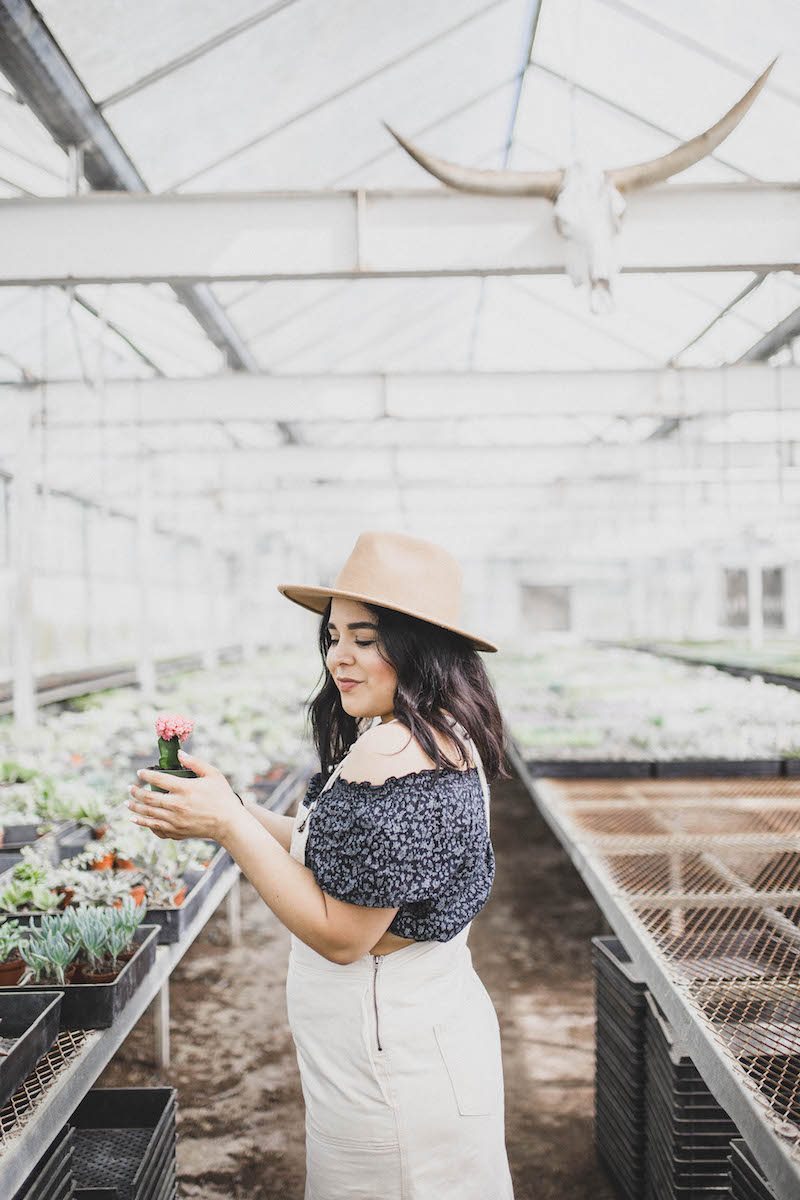Can you think of a time when you tended to view others based on their best qualities, or conversely, on their failures and shortcomings?
It’s easy to be a fair-weather friend when favorable circumstances such as agreeable perspectives, convenient schedules, or parallel life stages grow our friendships throughout seasons of our lives. It can be more difficult to believe the best about others when disagreements or misunderstandings occur or when we witness someone on a day when they may not be at their best. Remembering and envisioning our beloved ones on their best days can give us encouragement throughout great times, but let’s resist allowing situations where they have unintentionally hurt or disappointed us to taint our friendships by being vigilant with our thoughts about others.
When friendships or relationships become distorted based on what we believe about them, how can we keep a perspective of truly attempting to see the best? To be able to encourage others with our thoughts, words and actions well, it may help to ask specific questions to know if we are willing to give others the benefit of the doubt:
Do you find yourself setting or holding unreasonable expectations?
At times we can set such a high expectation that we are sure to be disappointed, or set such a low expectation (or none at all) that we do a disservice to someone by expecting nothing of them. Whether it’s a significant other forgetting something important, a friend that is running late, or a work colleague that we don’t seem to relate to, we must be wise in checking our hearts. What is a reasonable expectation for our situation, and does the circumstance appropriately warrant the reaction that we find on our end?
When friendships or relationships become distorted based on what we believe about them, how can we keep a perspective of truly attempting to see the best?
Are you tempted to think of someone only in terms of weaknesses or unfavorable qualities?
If we’re honest, we all have weaknesses and flaws that can be difficult for us to see from an unbiased perspective. It’s easy to be fans of others when they seem to do us no wrong, but in genuine, honest, and vulnerable relationships, it’s likely that we may become hurt, unintentionally hurt others, or have conflict with no clear resolution. If we find ourselves focusing on others’ weaknesses more than we celebrate their strengths, let’s keep in perspective that true relationships take hard work where grace is given and received on both ends.
Are you emotionally or logically drawing an incorrect conclusion based on a similar past experience?
When we find ourselves in situations where we recognize patterns based on previous experiences, we must be aware of the possibility of jumping to an extreme conclusion about someone. Is there legitimacy in what you have responded to, and is it appropriate given the new context of today’s situation? Is your reaction based on a specific kind of behavior you’ve witnessed in the past? Has any person in this new situation given you reason to believe that the situation is exactly the same? To believe the best about someone in the present requires that we must try to table our past experience and attempt to see today for what it is.

On the other hand, it could be troublesome to believe that all situations would warrant giving someone the benefit of the doubt. There’s also the opposite end of the spectrum, where attempting to believe the best about others can be simple wishful thinking or self-medication.
Are we avoiding being honest with ourselves by editing our perception of others in ways that are unhealthy or untrue in order to believe the very best?
One important factor in discerning if we have a reasonable and true perception is to consider if we are letting our emotions overshadow the facts. Emotions can be telling and can be a great barometer to assess situations, but if we avoid some feelings while pursuing others, is that healthy? Seeking desired feelings at the expense of beneficial results (such as finding comfort in familiar but unhealthy habits or avoiding confrontation out of fear of disrupting peace) can keep us from fostering healthy and true relationships. If we find ourselves justifying lies or we are in situations where inappropriate behavior is excused, we may actually be avoiding the truth of a situation and hesitant to admit it because of discomfort.
Some of these situations may be seen with more clarity if we realize our tendency to allow our feelings to be the absolute reality, independent of other factors. If we find ourselves in unhealthy emotional situations with no signs of change or potential to change, then we may need to remove our emotions from the situation to see reality for what it is, not what we wish it were.
Let’s be graceful enough to see the best about others, willing enough to forgive the smallest offenses, but honest enough to know when we are sugarcoating the truth with something we’d like to believe.
How do you strike this balance of forgiveness and honesty in your friendships?
Images via Stephanie Velez










